Being in Charge of Releasing Your Own Music: The Pros and Cons
We look at how musicians being in control of their own material is becoming a growing trend.
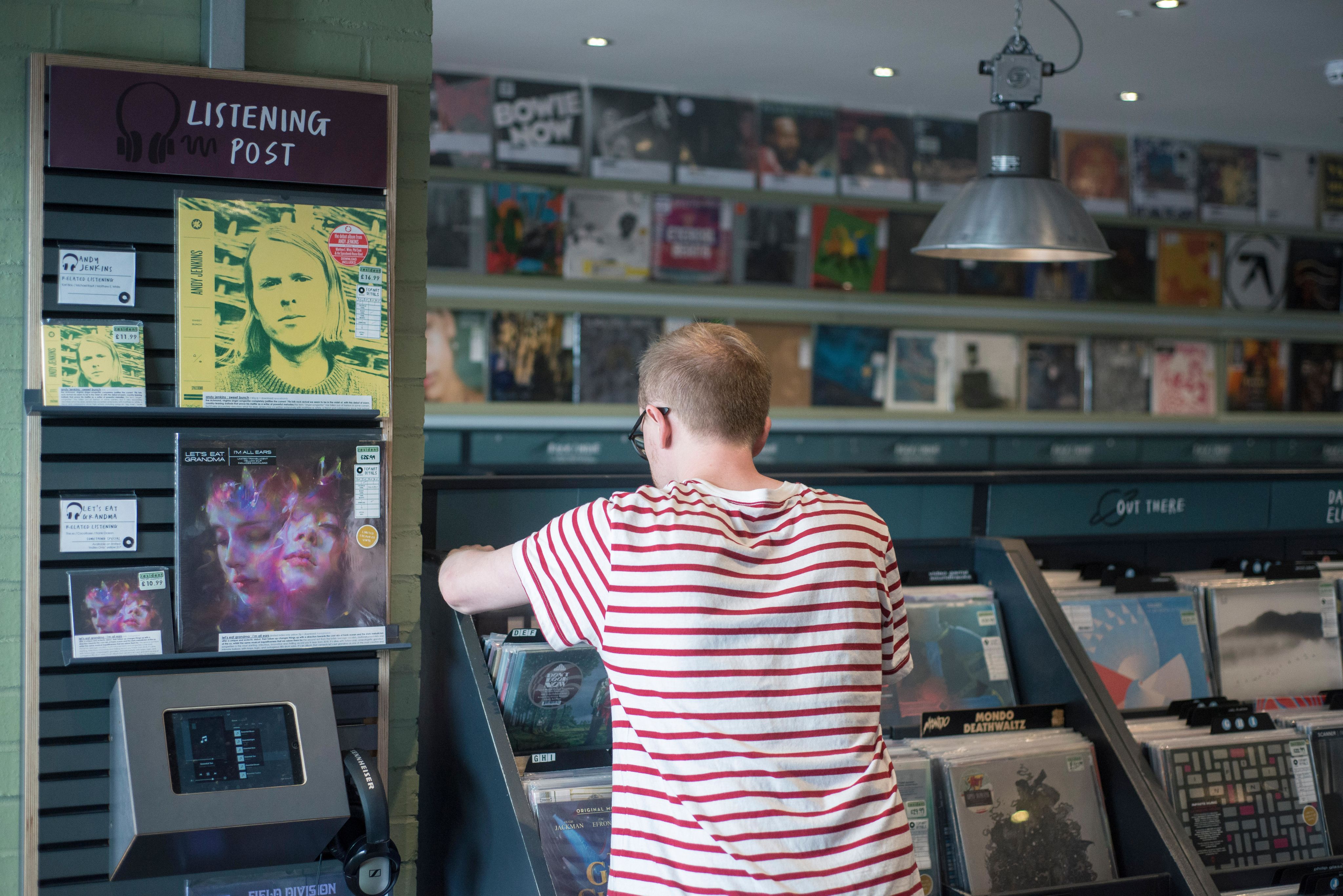
The headlines were filled with the news of Taylor Swift’s feud with record executive Scooter Braun back in 2019.
It was due to him acquiring control over the master rights to her music after she left her previous record label, which she described at the time as ‘‘tyrannical’’. She has since been re-recording and releasing her older material for fans.
This sticky situation undoubtedly came about through record deals and the confusion of lengthy contracts. Nowadays, many artists big and small are releasing their material independently. For many of them, publishing their own music independently is the easiest way to get their material out on streaming platforms and downloading sites for the first time.
It is much easier to do in this day and age, too. Musicians have the materials to record music themselves, publish their material on social media, and services such as TuneCore, Ditto or DistroKid can be accessed online by anybody which gets music published onto streaming platforms. All of this is readily available to anyone should they wish to use it.
Many notable musicians are continuing to keep full control of their own material once they start to capture mainstream attention, with the likes of Dave and Arlo Parks, who have both gone on to win the prestigious Mercury Prize, still having complete ownership of their own discography and copyrights.
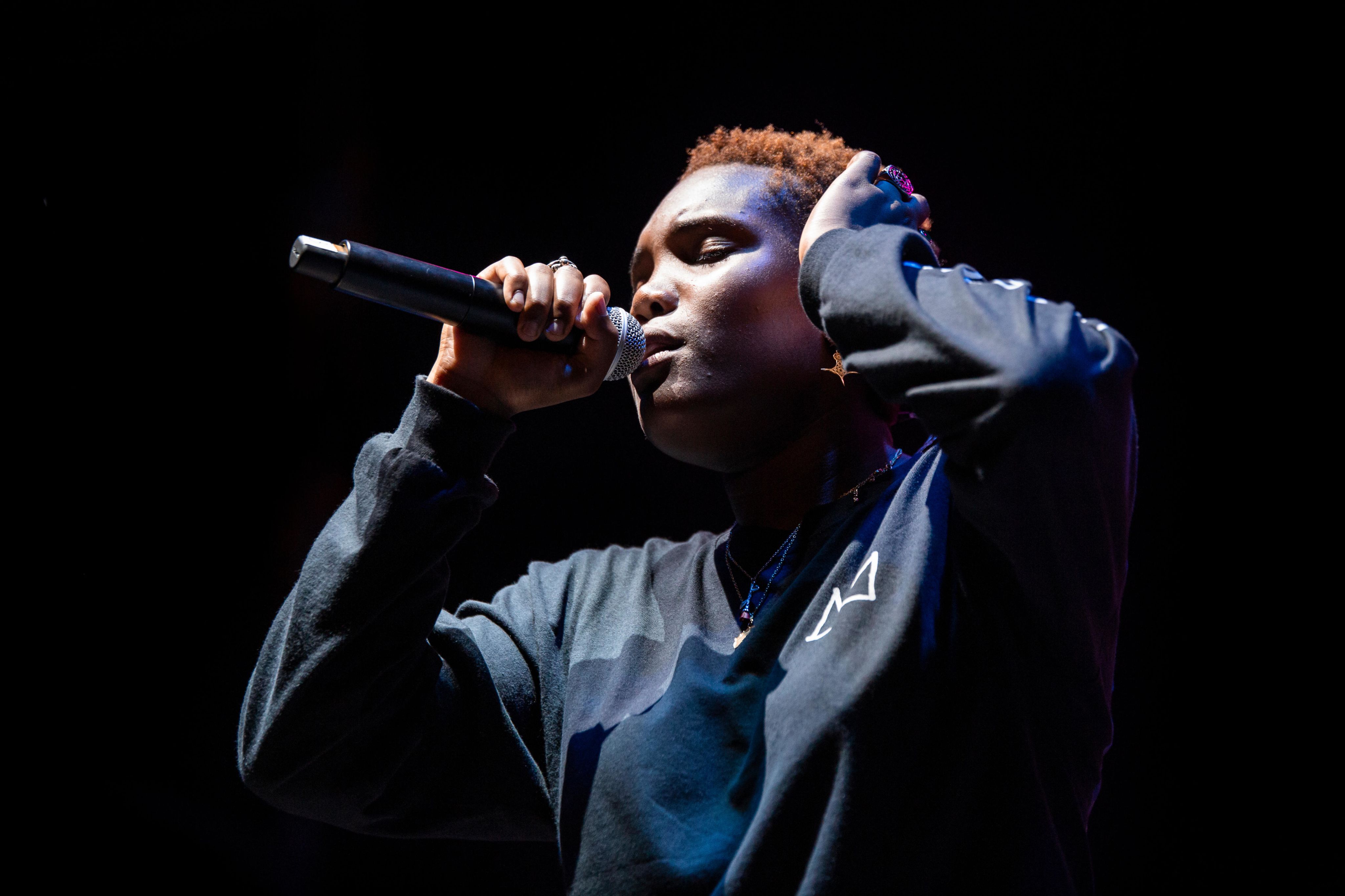
Arlo Parks won the 2021 Mercury Prize with Collapsed In Sunbeams, an album released independently.
Arlo Parks won the 2021 Mercury Prize with Collapsed In Sunbeams, an album released independently.
In some instances, artists are setting up their own label to release their material. Singer-songwriter Connie Constance began releasing her music independently on her label Jump The Fence back in 2020. ‘‘I honestly feel totally free to be able to just write a song then decide this one comes out next’’ Constance said. ‘‘When you’re running your own label and you’re independent there’s no back and forth about whether it is the right choice or not.
‘‘It is really freeing to just be able to pick a tune and love it and put it out and have that instant joy.’’
The independent scene is also growing with the times too, with the sector now representing 26% of the UK market.
It may seem like more of a challenge releasing independently and fully being your own manager without any label influence, but in the age of social media many use these platforms to get spotted and build their audience much quicker than previous generations. In the age where several musicians enter the limelight through being ‘TikTok famous’ or having a viral cover of a song on YouTube that gains the attention of fans, a significant social media presence is almost crucial in helping an unsigned artist get the much-needed exposure.
There are many services independent artists need to know about. Firstly, you can manage streaming analytics through Spotify for Artists, with other streaming sites such as Apple Music, Amazon Music, Deezer and YouTube also providing a similar service.
There are also other platforms that exist to support musicians. One of which is Music Crowns, a global artist discovery and promotions platform for unsigned and independent music artists from all over the world.
Sam Gilbert from Music Crowns said: ‘‘We have created a music loving audience that really enjoy supporting the underdog and the journey of the artists we promote. Within that audience are many music industry professionals, businesses and influential figures who can facilitate life changing offers.
‘‘There have been multiple success stories that have formulated in many ways from record deals, to fan base growth, funding, international gigs, support tours, TV shows, radio appearances, collaborations, modelling contracts, ambassadorships for charities and much, much more.’’
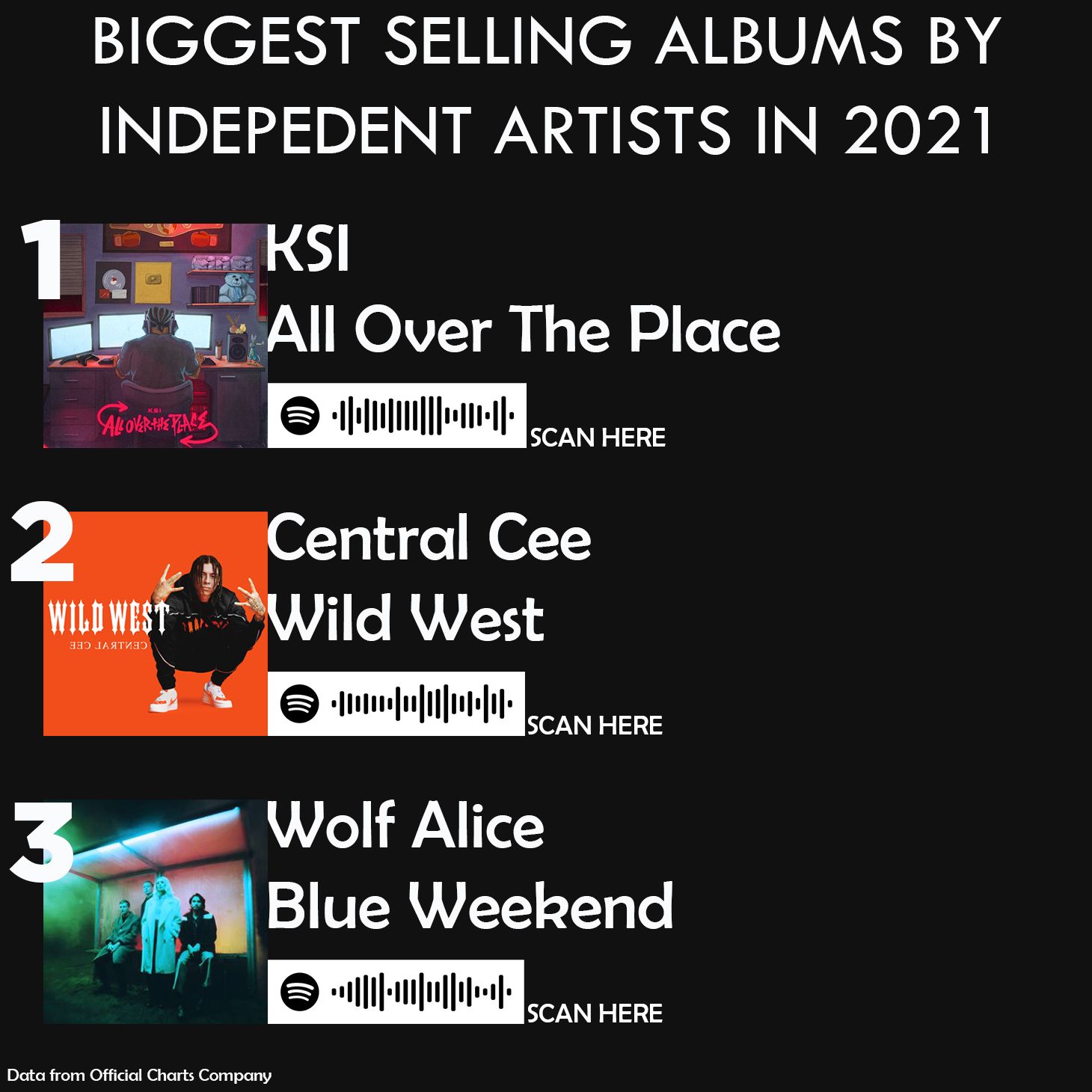
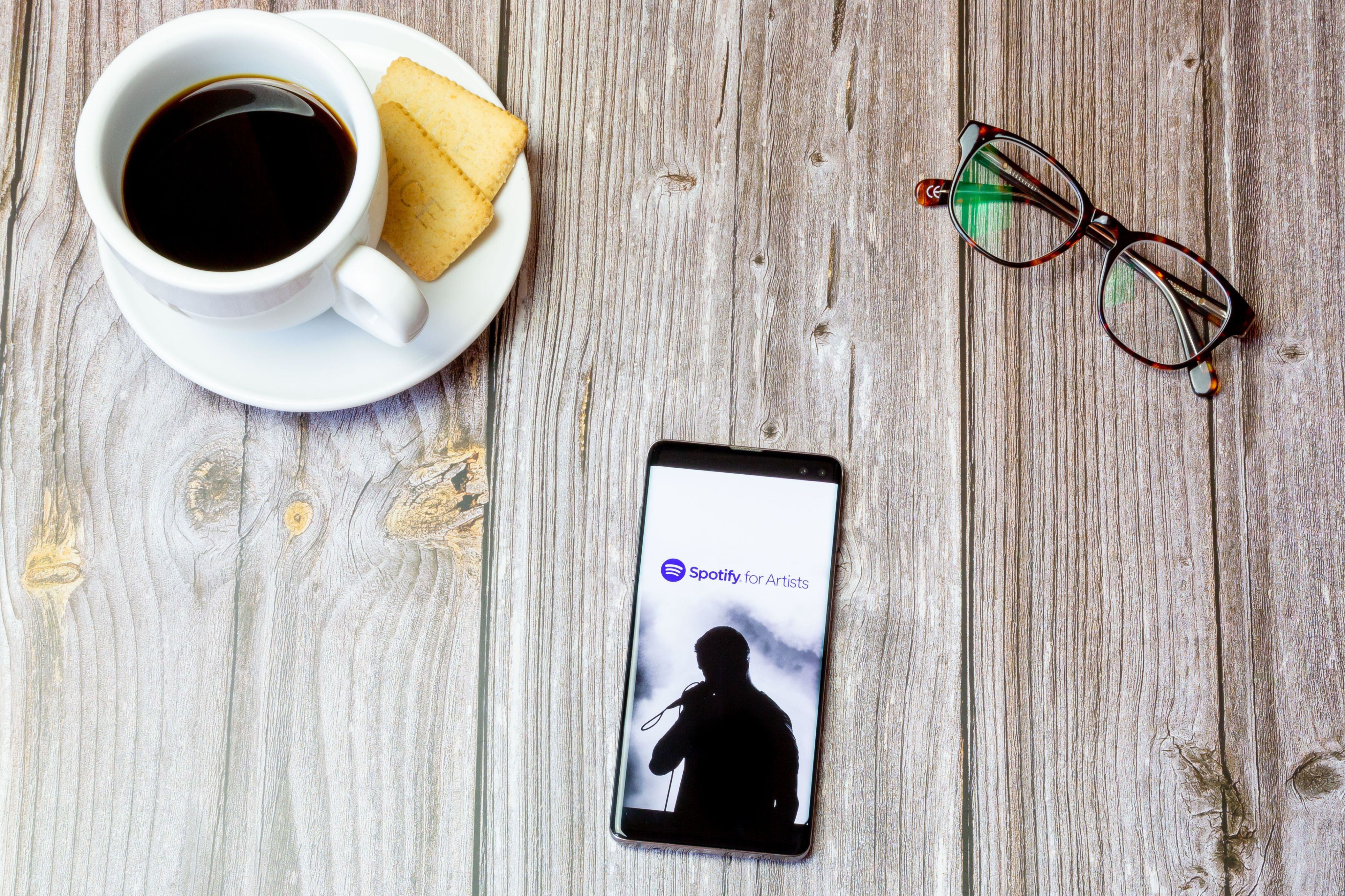
Lewis Capaldi performs 'Grace' for Music Crowns.
Ren and Sam Tompkins perform 'Blind Eyed' for Music Crowns.
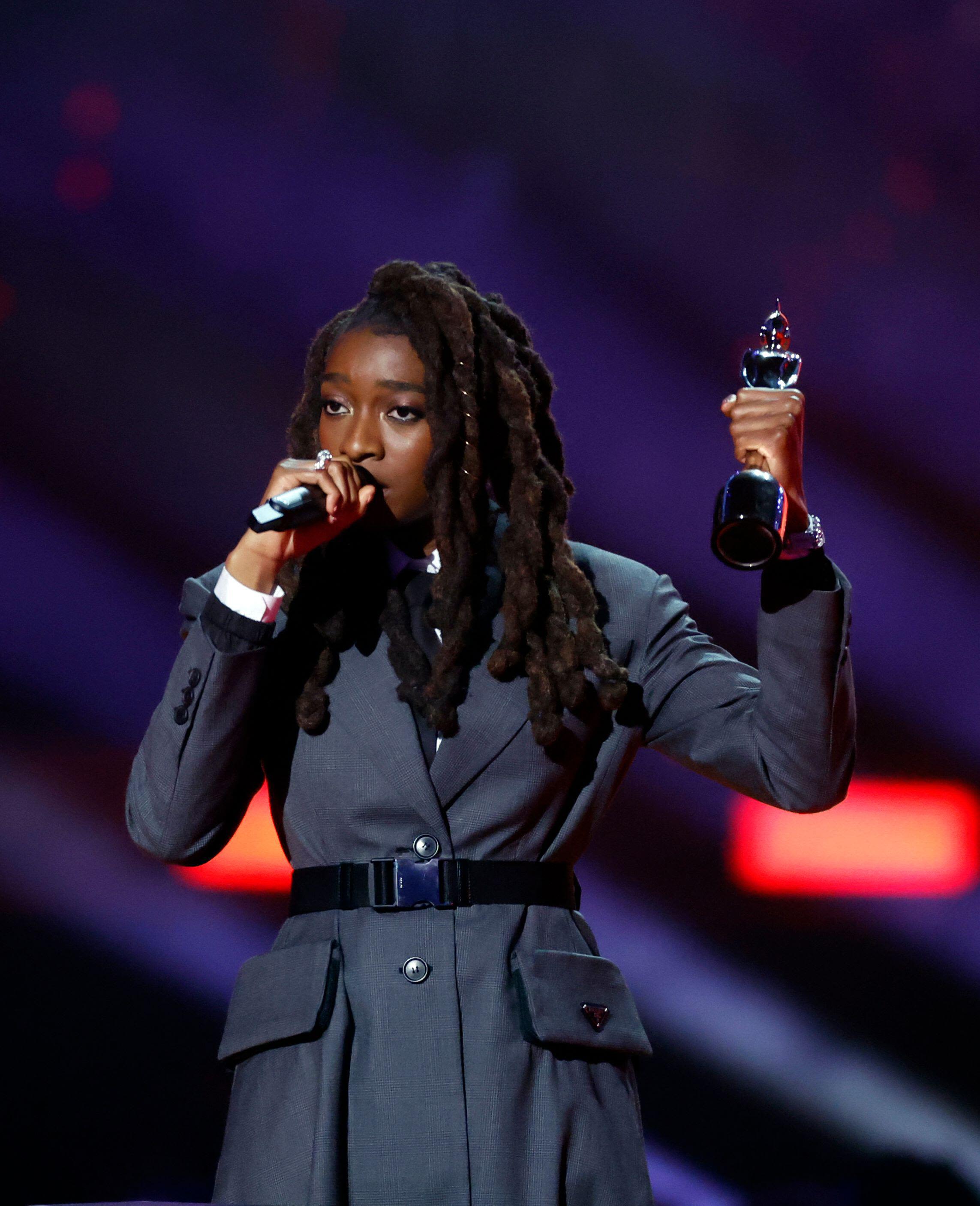
Little Simz receiving the Brit Award for Best Newcomer in February 2022.
Little Simz receiving the Brit Award for Best Newcomer in February 2022.
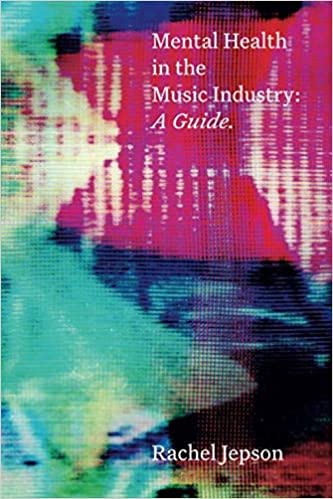
Rachel Jepson's 2019 book, Mental Health in the Music Industry: A Guide.
Rachel Jepson's 2019 book, Mental Health in the Music Industry: A Guide.
There are several reasons why an artist might choose to go independent. It could be because they’re at the very start of their career and want to build a profile before they spend money on hiring a manager.
Cost is often a big concern for many musicians when getting a manager on board. While having a manager can cost money, being independent can also create financial problems, if not immediately then further down the line. British rapper Little Simz announced last month that she has cancelled her upcoming US tour, citing the financial unviability as an independent artist. She was to pay for everything encompassing her live performances.
There is also an issue surrounding the darker side to artist management and contracts that puts off many artists. In recent years, there has been a much-needed discourse around how artists are treated in their record labels. There are now many new smaller labels awakening to support artists with this, such as the independent label Listen Generously which focuses on ‘‘creating space for artists to listen to themselves and have themselves listened to’’.
Rachel Jepson set up a dedicated therapy service for the music industry, growing into the Centre for Mental Health in the music industry in 2020.
‘‘I set up counselling for musicians because I had struggled with my mental health in part to do with my involvement with the music industry’’ Jepson said. ‘‘There is a lot more provision now for mental health in music which is great but there's still a gap in awareness that needs to be filled with education and training for staff at labels especially ones in executive roles.
‘‘It is great to see that generally things are improving, but sometimes it feels like a tick box exercise and organizations aren't prepared to admit there's a systemic issue within the industry and how it deals with mental health and wellbeing.’’
However, it is important to stress that labels and managers can be good for artists, and many are on good terms with their roster. Musician RAY BLK released independently before being signed to a label after the release of her debut EP and ahead of her debut album Access Denied. She has enjoyed the benefits that a label can provide, but still has the freedoms of that of an independent artist.
‘‘There are things that have changed and things that have not’’ she said. ‘‘I have a bigger budget for music videos and marketing and that’s where the assistance of a label comes in to help and you have more people working on a project, and access to bigger things.
‘‘Outside of that though, I still feel like I operate like an independent artist. I thought when you signed a record deal that everyone takes over and maybe it is that way in some people’s experience, but for me I’ve felt like I’m still in control and still sign off everything. I’m still the one that comes with the creative ideas and I choose who to work with for videos and what not, and the label helps financially.’’
All of these factors are to be considered before a musician decides whether to go with management at a point in their career, but it is clear that many more are moving to working independently, and having full control of their content, and many are proving that it is manageable in the current day and age.
